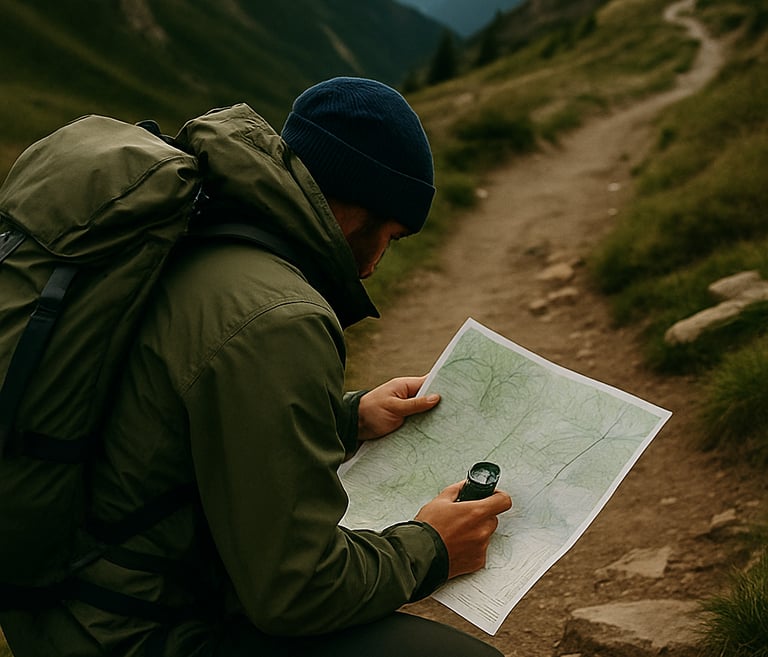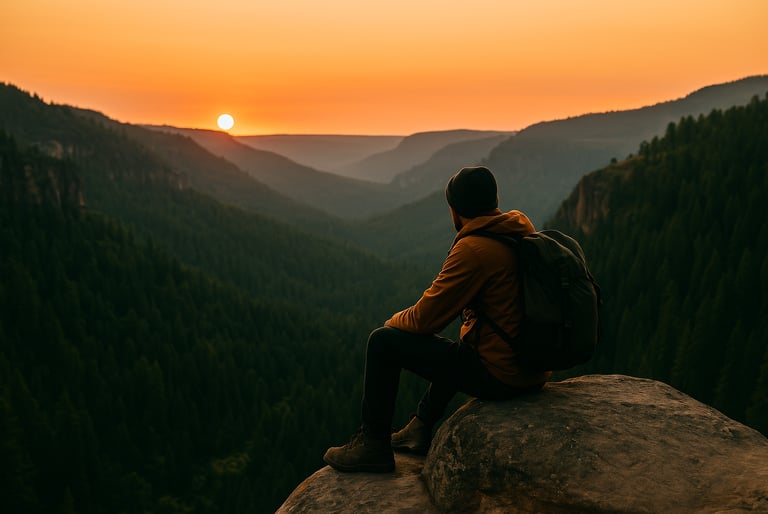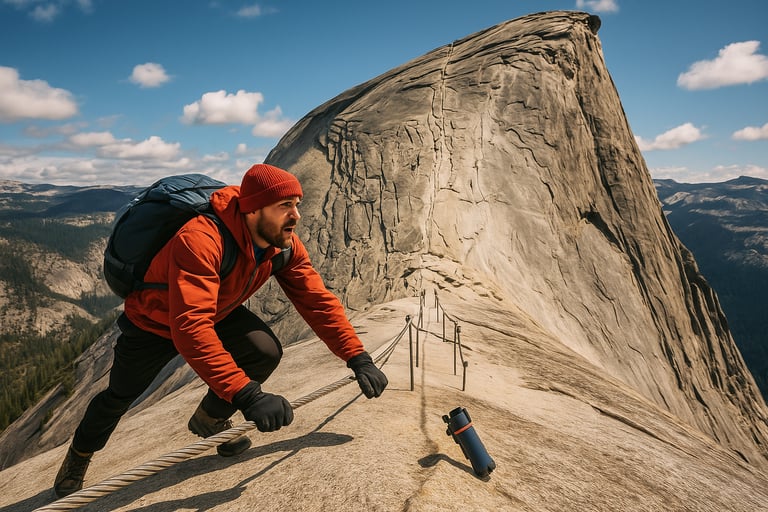Mental Toughness for Wilderness Survival: Mastering the Psychology of Survival
Discover how to build mental toughness for wilderness survival. Learn practical strategies to manage stress, fear, and decision-making in nature with this essential survival psychology guide.
Mental Toughness for Wilderness Survival: Mastering the Psychology of Survival
When you picture wilderness survival, it’s easy to imagine setting traps, building fires, and navigating rugged terrain. But there’s one equally critical aspect that often goes overlooked: your mindset. Survival in the wild is just as much a mental game as it is a physical challenge. Let’s break down what mental toughness in the wild really means and how to develop it.
Why Mental Toughness Matters in the Wild
In nature, physical strength can only take you so far. Mental toughness is what helps you stay calm under pressure, make smart decisions, and keep going when things get hard. Whether you're lost, injured, or just alone with your thoughts, your ability to manage stress and keep a clear head can mean the difference between giving up and getting out.
How to Handle Stress in Survival Situations
Wilderness stress is real – unpredictable weather, physical exhaustion, hunger, and fear all pile up fast. The key is to recognize stress early and manage it. Deep breathing, focusing on the present, and reminding yourself of small wins can help you regain control. These are also key practices covered in Mindfulness in Nature: How to Stay Present and Focused in the Wilderness, which can help train your brain to respond more calmly under pressure. Think of stress management as one of your survival tools.
Managing Fear: Your Brain’s Alarm System
Fear isn’t your enemy. In fact, it’s your brain’s way of saying, “Pay attention!” But too much fear can paralyze you. The goal is to acknowledge your fear, understand what’s causing it, and use that energy to stay sharp. With practice, you can turn fear into focus.
Thriving in Solitude: Mental Health When Alone
Being alone in the wilderness can be eerie at first. Our Article Solo Survival: Mental Strategies for Staying Strong When You Are Alone in the Wild offers deeper insight into handling isolation and building emotional resilience when you're truly on your own. But solitude isn’t necessarily a bad thing. It offers a rare chance for reflection. Staying mentally healthy in solitude means keeping your mind engaged. Sing songs, talk out loud, or reflect on past achievements. Try to place yourself in your mind, in places you find happiness or contentment. These habits reduce anxiety and keep your morale high.
Smart Coping Strategies in the Wild
Coping strategies are like a mental first aid kit. Practice things like:
Positive self-talk: Tell yourself you can do this.
Visualization: Picture a safe camp or finding your way back.
Setting small goals: One step at a time. These techniques keep your thoughts productive and your attitude strong.
Making Quick Decisions Under Pressure
Survival often comes down to making fast, smart choices. This could be whether to stay put or move, ration supplies, or seek water. Stay calm, gather facts, and trust your instincts.
For more ways to strengthen this skill, read Decision-Making Under Pressure: Sharpening Mental Clarity in Survival Situations, which walks through how to stay focused and make fast, effective choices in the wild. You will find that Decision-making improves with experience, but clarity comes from confidence.
Staying Positive: Why Hope Is Powerful
Hope might sound fluffy, but it’s a survival essential. Staying positive boosts endurance, helps you keep trying, and makes it easier to handle setbacks. Remembering your goals, thinking of loved ones, or even repeating a positive mantra can keep your spirits up.
Survival in Groups: Mental Dynamics with Others
If you’re with a group, your mental survival also depends on teamwork. Stressful situations can bring out the best or worst in people. Good communication, respect, and shared responsibilities keep the group focused and cooperative. Trust and structure help everyone stay grounded.
Conclusion: Your Mind Is Your Strongest Survival Tool
The wilderness will test you in ways you can’t always predict. But when you prepare your mind as much as your body, you dramatically increase your chances of staying safe and getting home. Build your mental toolbox with strategies for handling fear, stress, solitude, and tough decisions. In the wild, your mindset is your greatest asset.






© 2025. All rights reserved About | Privacy Policy | Terms and Conditions | Affiliate Disclosure | Disclaimer


